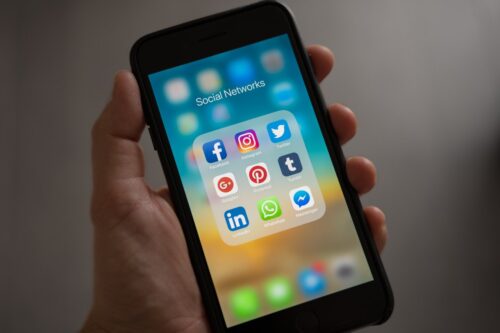
A lawsuit from an employee, business associate, rival, customer or client has left you feeling humiliated and isolated. In light of those negative feelings, you may feel inclined to log onto social media and seek sympathy from your friends. As comforting as that may seem, it could complicate your legal difficulties, because you can bet that the plaintiff and their legal team will scour your posts, looking for incriminating evidence to use against you in court. For more information on the reasons why you should avoid social media during the legal process, please read on, then contact an experienced Los Angeles, California commercial litigation lawyer today. Some of the most compelling reasons to avoid social media during the legal process in California include:
Your profile is not private
At various times throughout your civil case, the plaintiff and their legal team may comb through your public social media profiles in search of evidence that will corroborate their case against you. Because a judge can issue a subpoena that grants them access, they may still obtain your social media history even if you have changed your settings to private.
Every post leaves a trail
In an effort to obstruct the process, you – like many defendants – may delete any posts that you consider incriminating. But you should know that the plaintiff and their legal team may recover the information directly from the social media company by obtaining a subpoena. Compounding your potential difficulties, the trier of fact, i.e. the judge or jury, might construe deletion of posts as an intentional act of obstruction or self-incrimination, which may result in harsher penalties.
The damage to your reputation
Even if the photos and videos date from your spare time, any evidence proving that you engage in less-than-responsible behavior could prejudice the trier of fact against you. During a review, pictures of unprofessional behavior could prove harmful. Despite being profoundly unconstitutional, triers of fact often can’t help but base their decisions, in some part, on feelings and impressions as opposed to objectively verifiable facts. Furthermore, it can be extremely difficult to appeal an unfavorable verdict.
Violation of personal-professional boundaries
Fraternizing with clients, especially in instances where the trier of fact might perceive you as holding a position of power, might pose an ethical violation, even if you do not mean anything untoward.
Breaches of customer privacy
Unless your customers or clients have given you express written permission, you should never post or distribute images or videos of them. Considering that your customers or clients may accuse you of exploitation or coercion, we would strongly advise you against doing so in any event.
Our Los Angeles, California labor lawyer is here to help you.
CONTACT OUR EXPERIENCED LOS ANGELES FIRM
If you are involved in an employment-, commercial- or church-related dispute, contact Lee Law Offices today.